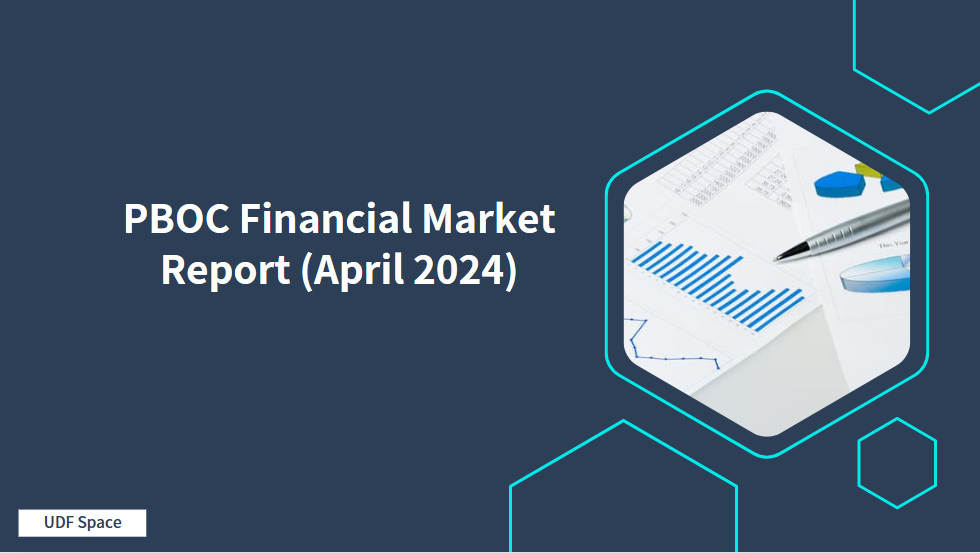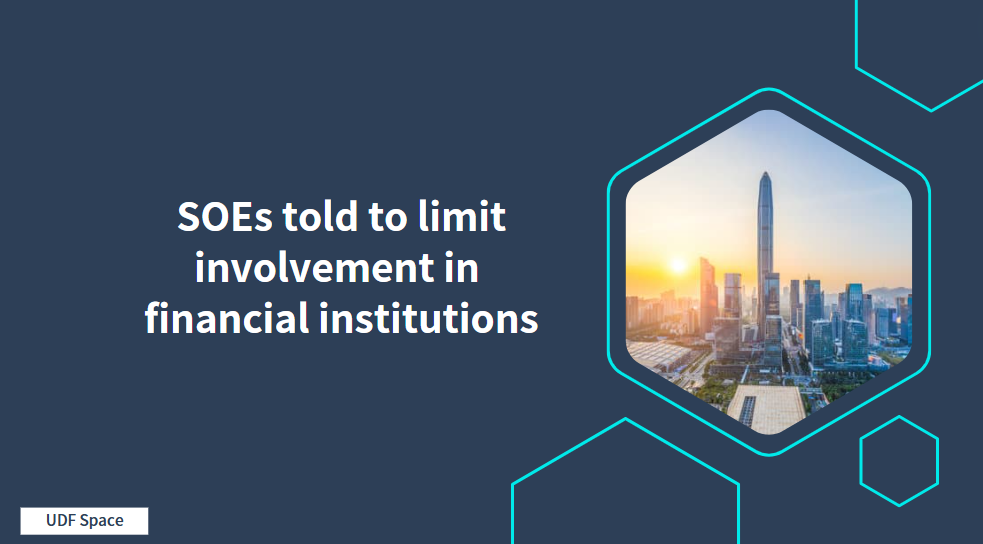China, EU, Singapore in multilateral green capital push
China, the European Union and Singapore are collaborating to develop a new version of the Common Ground Taxonomy, which will upgrade the existing China-EU green finance cooperation initiative into a multilateral project and further boost international green capital flows, said a leading expert close to the matter.
As a milestone of China-EU bilateral green finance cooperation, the Common Ground Taxonomy, or CGT, was first published in 2021 and updated in 2022.
It is a list of economic activities that are recognized by the green taxonomies of both China and EU, which makes it easier for borrowers from both jurisdictions to access green funding in each other's capital markets.
"Singapore has joined already. It is now working with our team to develop the next version of the CGT, using European, Chinese and Singaporean taxonomies as a basis," said Ma Jun, co-chair of the International Platform on Sustainable Finance Taxonomy Working Group, which is in charge of the formulation of the CGT.
"We can imagine that in the future, we will probably have more countries joining the CGT so that it will become a more broadly supported, broadly adopted and international labeling tool for green assets," Ma told China Daily.
The Monetary Authority of Singapore said on May 21 that it is working with the People's Bank of China, the country's central bank, to complete the mapping of the Singapore Asia Taxonomy to the Common Ground Taxonomy by the end of this year.
The mapping of taxonomies, in general, refers to the process of comparing each other's technical standards of green economic activities, and is seen as a preparatory step for formulating the updated version of CGT.
Ma said the CGT has global implications. Other countries that want to build their own green finance taxonomies can use the CGT as a building block. This will help boost green capital flows between those countries and China as well as the EU.
Ma is also president of the Institute of Finance and Sustainability, a Beijing-based green finance think tank, and a former member the PBOC's monetary policy committee.
While China's development of green finance started years later than many developed economies', Ma said the country managed to develop its green loan and green bond markets into the world's largest, now worth about 30 trillion yuan ($4.14 trillion) and 2.5 trillion yuan, respectively.
For instance, China initiated the preparatory work for the green bond market in the latter half of 2015, releasing two key documents. By the following year, China had emerged as the world's largest green bond market, he said.
"That's why, some European friends were joking with me that China grew from zero to hero within one year."
Behind the rapid development was a "top-down approach" in designing and promoting the green finance markets, with the government rolling out official, compulsory green finance standards, or taxonomies, Ma said.
"The key thing was we had a standard to define what a green bond is. That is the official one, rather than an NGO type of standard operating on a voluntary basis," Ma said.
He said the Chinese experience is relevant to many other developing countries. This is because some factors are common. For example, resources and talent are more concentrated in regulatory bodies; and State-owned enterprises still play a big role in the economy, which makes a top-down approach effective.
China has stepped up efforts to work with other economies to facilitate the international exchanges of green finance knowledge and practices, via a global platform called the Capacity Building Alliance of Sustainable Investment or CASI, which was established in December.
As the chairman of the CASI, Ma said the alliance aims to train 100,000 people in developing countries and emerging markets by 2030, with face-to-face learning events planned to be held in Hong Kong this month, and in Africa and the Middle East in the second half of this year.




















































First, please LoginComment After ~